Everything for patients — more doctors, rehabilitation, personal medicines
In Tatarstan, priority tasks for healthcare workers have been identified, while Russia is preparing to expand the network of production pharmacies

The Public Council under the ministry of healthcare of Tatarstan determined the priority goals and objectives of the ministry for 2025 today: out of 15 areas, they selected five that are most important for patients. Another initiative may become socially significant, what is more — on a national scale. Tatarstan State Duma deputy Airat Farrakhov announced amendments to the law on industrial pharmacies. Pharmacists will have the opportunity to produce customised medicines for patients according to doctors' prescriptions. For more information about what tasks Tatarstan doctors will have to solve in the new year and how legislative innovations will serve the interests of patients, read the material of Realnoe Vremya.
The goals were chosen by the population
The Public Council under the Ministry of Healthcare of the Republic of Tatarstan has chosen the five most important tasks for 2025. According to the council members' decision, the priorities are as follows:
- to increase the provision of the population with doctors working in medical organisations from 33 to 35 specialists per 10,000 population;
- to ensure the detection of malignant neoplasms of visual localisation at stage I at the level of at least 55.9% of the total number of cases of malignant neoplasms of visual localisation;
- to increase the provision of the population with average medical workers working in medical organisations from 89 to 91 specialists per 10,000 population, and the number of residents of the Republic of Tatarstan who received medical rehabilitation at the expense of compulsory medical insurance from 36,000 people to 36,500;
- to ensure an increase in the level of satisfaction of the population with the quality of medical care according to the results of public opinion assessment from 59% to 60.5%;
- to provide dispensary supervision to at least 82% of children under the age of 17 with diagnoses established for the first time in their lives based on the results of preventive medical examinations.
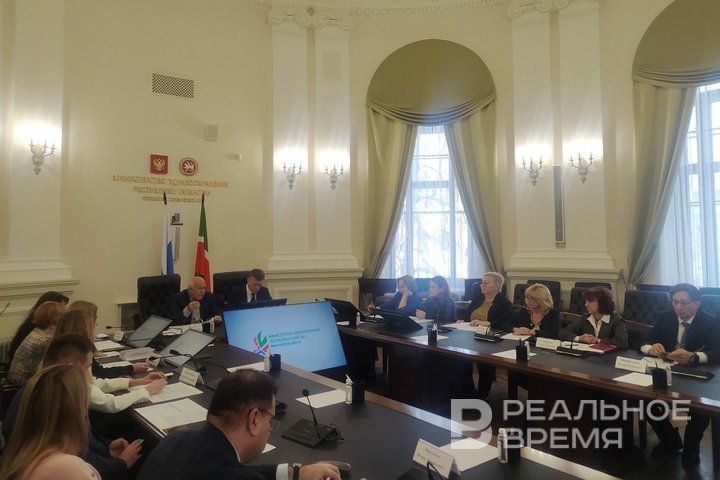
These goals turned out to be the priority for a reason. As reported by Chingis Makhmutov, the chairman of the Public Council under the Ministry of Healthcare of the Republic of Tatarstan, the list of 15 tasks for the Ministry of Healthcare of the republic for 2025 was preliminarily submitted for public discussion on the Gosuslugi RT portal. More than 4,750 residents of the republic took part in the voting, and the rating of each task was determined in accordance with the number of votes cast for it. And on 18 December, at the meeting, the members of the Public Council unanimously voted for the six points that received the most votes, and two of them were combined during the discussion.
What determines the level of satisfaction
During the discussion, Chingis Makhmutov particularly emphasised the importance of staffing feldsher-midwife stations in peripheral areas.
“Recently, there has been a significant modernisation of feldsher-midwife stations (FAPs) in the republic, with many new ones being built," he noted. “They play a big role today, focusing on prevention and providing health checkups for the entire population. They require specialists. And thank God that we have a network of secondary medical educational institutions and good teachers.”
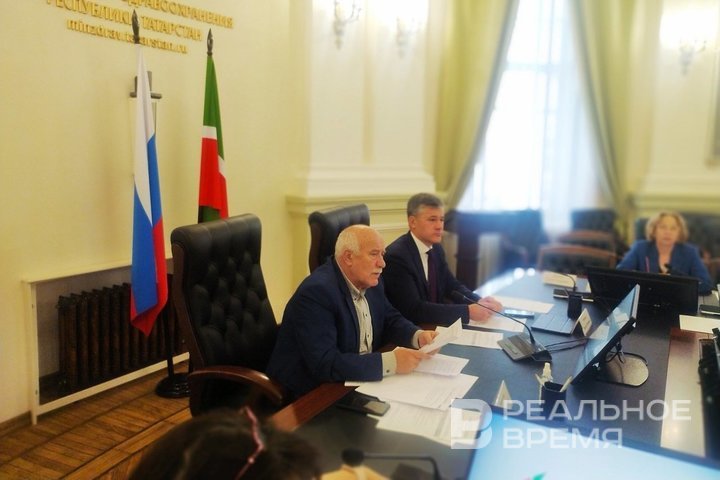
Makhmutov called the level of public satisfaction with the quality of medical care a controversial indicator. Today, the task is to raise it by only 1.5% — to 60.5%. The head of the Public Council reminded that not long ago this indicator reached 80%, and made it clear that its change is hardly related to real fluctuations in the level of satisfaction of the republic's residents with healthcare — just “the list of indicators regularly changes, and so do the numbers.”
“But the population wants, as I understand it, that the ministry of healthcare and doctors pay very great attention to the issue of improving the quality of work," said Chingis Makhmutov. “The population is asking — we will support it.
Patients don't want to go to “school”
During the voting for the most important tasks of the ministry of healthcare, patients gave few votes for those that do not differ, if I may say so, in scale. For example, less than a thousand votes were cast for tasks such as training at least 16.2% of patients with diabetes in the Patient School, only 568 votes were given to the idea of publishing informational materials on the prevention of chronic non-communicable diseases and risk factors for their development, and only 373 votes were cast to hold at least two republican contests on the topic of a healthy lifestyle.
“The voting results that we have today reflect the mood of the people, and they correlate with the main priorities and areas of work of the ministry of healthcare," said Deputy Minister of Healthcare of the Republic of Tatarstan Ildar Fatikhov, summing up the meeting of the Public Council.
The speaker added that the personnel issue was and remains a priority of the ministry.
“Doctors need to be trained”
Another initiative is being implemented in the interests of patients. Tatarstan State Duma deputy Airat Farrakhov is one of the authors of the law on industrial pharmacies that came into force on September 1. At a meeting of the working group of the Duma Committee on Health Protection, he reported on the upcoming amendments to this law. He noted that now the production of medicines by pharmacists allows patients to purchase medications based on a doctor's prescription, tailored to individual needs, which has increased patient access to essential types of personalised therapy.
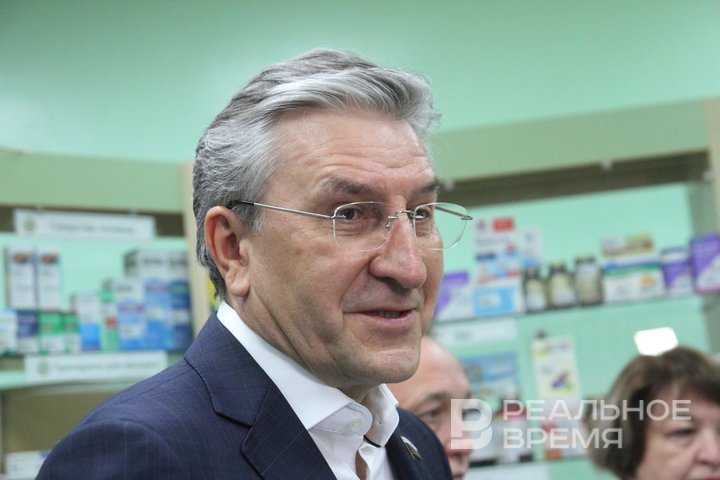
According to Farrakhov, the amendments should ensure the demand for emergency (prepared directly at the pharmacy by prescription) drugs in the preferential provision system and the state guarantee programme.
“We need to inform and train doctors so that they prescribe medications," he stated. “We need to ensure access to state support measures to modernise infrastructure, develop technological and analytical equipment, and increase investments in R&D.”
Attention, pharmacies are closing!
In his Telegram channel, Ayrat Farrakhov published the results of monitoring of Russian production pharmacies for 2023-2024. According to his data, covering 98.3% of the addresses of manufacturing pharmacies listed in the Unified Register of Licenses, 650 closed or suspended their activities, and 683 addresses continued it. At the same time, the number of valid licenses for the right to manufacture medicines (LP) is twice as high — 1,339.
There are no operating production pharmacies in seven regions of Russia. In Tatarstan, according to monitoring data, medicines are manufactured, but only at 17 addresses, while in St. Petersburg — at 92 addresses, and in Moscow — at 52. 41.3% of production pharmacies are located in 10 subjects of the Russian Federation, Tatarstan is among them.
The monitoring also showed that only 211 pharmacies out of 353 pharmacies participating in the survey can produce sterile dosage forms, 157 of them have an acute shortage of pharmacists, analysts and technologists, and 63% of the medicines manufactured by them in 2023 were produced at the request of medical organisations, and only 10.5 according to doctors' prescriptions%.
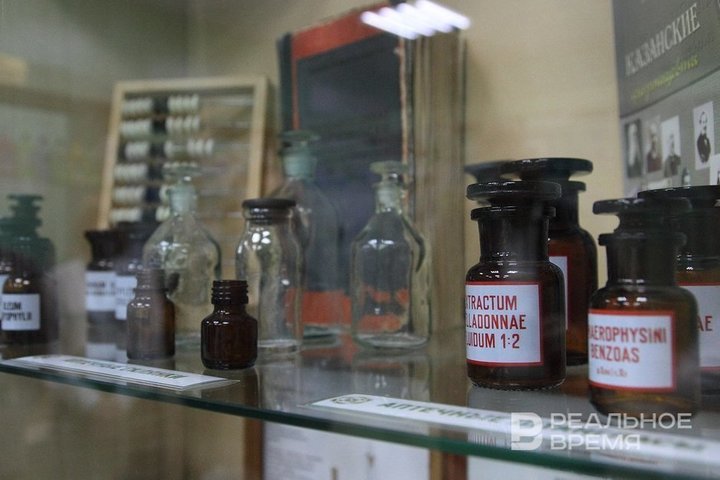
In fact, only the adoption of the federal law on industrial pharmacies stopped the process of closing them, concludes Ayrat Farrakhov, who believes that now it is necessary to create conditions for the resumption of the work of “closed” pharmacies, develop a programme to modernise existing ones, create a steady demand for their products and, in accordance with this, finalise medical education programmes.
“The All-Russian classifier of types of economic activity refers the activities of industrial pharmacies to code 47.73 — to retail trade specialty stores, depriving this socially significant activity of regional benefits, support measures, incentives for private investment," said the deputy. “It is necessary to supplement the new OKVED2 classification code for industrial pharmacies and further systematic improvement of the regulatory and legal regulation of this area.”
“Life has shown that they are necessary”
“A few years ago, when my daughter was little, our pediatrician prescribed her drops, which were absolutely necessary at that time," Elena Alfimova, a mother of three children, told Realnoe Vremya. “The prescription was not for a ready-made drug — it had to be “assembled” from several components. I called so many pharmacies — everywhere they offered ready-made drops, and the prices were outrageous for me as a stay-at-home mother — more than a thousand rubles. Finally, I found a pharmacy where I had my own production — the medicine cost me 130 rubles. I will always remember this figure, because saving was very important. And to how many people, how many families, it is important!
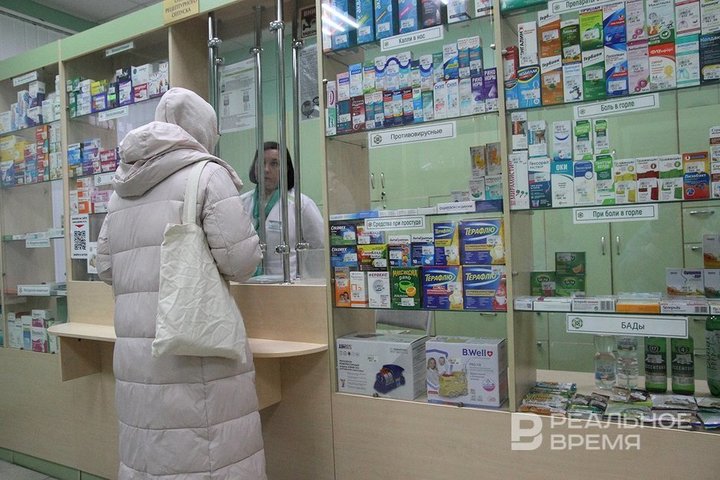
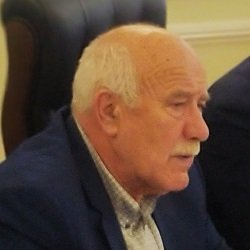
Makhmutov noted that the problem of prescribing such drugs by doctors can be solved. In any case, Tatarstan has all the conditions for this — there are quite strong educational institutions in the republic that train doctors, and nothing prevents them from introducing the necessary courses into their curricula. In his opinion, doctors who are already working but have not been trained to write prescriptions for the preparation of medicines at pharmacies can be sent for retraining courses.
“If such tasks are set, I think they will be solved quickly. And if people want to do it, it's great, I welcome it.”